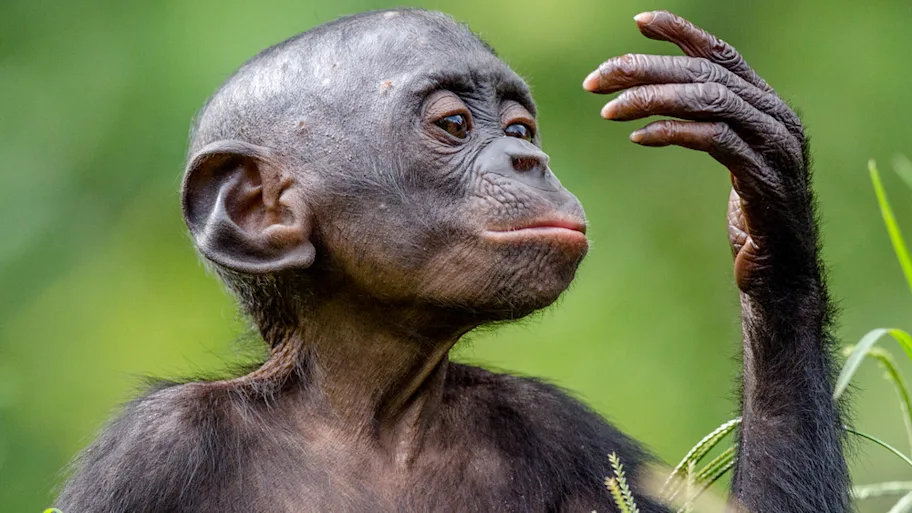
- Science news
- Frontiers news
- Ecological theory and modelling finds its habitat
Ecological theory and modelling finds its habitat
Exciting news for all researchers interested in ecological and evolutionary theory and modelling: Professor George Perry is the Chief Editor for Models in Ecology and Evolution, a new specialty section in Frontiers in Ecology and Evolution.
Professor George Perry is a trained ecologist who began using models when he realized that many of the phenomena he was interested in were difficult to access and experiment. This might have been because they were past events, occurring at global extents or in the future. In our chief editor’s own words: "models provide a way to explore such phenomena, whether that is to make predictions or forecasts about the future, learn about how systems behave, synthesize multiple data sources or support dialogue."
Discover Models in Ecology and Evolution
A new niche to face global challenges
Theory and models have a central role in understanding ecosystem responses to current and future environmental change. Prof Perry, a Professor at the University of Auckland, believes that models can provide one way forward to help face climate change and biodiversity loss. Different models can complement empirical and observational science to help us understand complicated and complex entities such as environmental systems. They can also help us understand past events, allowing us to further enhance future predictions.
This is increasingly important not only because "a risk of loss of some ecosystems" was reported by the Intergovernmental Panel on Climate Change. The Intergovernmental Science-Policy Platform on Biodiversity and Ecosystem Services mentioned that the "loss of species, ecosystems and genetic diversity is already a global and generational threat to human well-being."
Facing uncertain environmental changes
Models can help us understand the dynamics of complex ecological systems. When asked about the main motivations to reduce the effects of global environmental changes, Prof. Perry explained "it is fundamental to understand how our activities will influence nature, ecosystems and their services. This is because ultimately, humans depend on these services or 'nature contributions' to survive and thrive."
Prof Perry added that "sometimes the theory and models developed by ecologists may seem divorced from the environmental challenges we face but as the social psychologist Kurt Lewin observed, 'there is nothing as practical as a good theory'."
Get involved
Your research and discoveries are important because while models can be used for different reasons – prediction, learning, synthesis, communication – all of these require the knowledge, expertise and perspectives that other disciplines, within and beyond ecology and evolution, can supply.
You can:
Apply as Editor
Lead your own article collection
Submit your cutting-edge research
The following article collections are now open for submissions:
Theoretical Approaches to Community Ecology (Guest Edited by: Luís Borda-de-Água, Paulo Borges & John Maxwell Halley)
Advances in Statistical Ecology: New Methods and Software (Guest Edited by: Gilles Guillot, Ali Arab, Stéphane Dray & Janine Illian)
Can the Trees Save the Crops? Predicting the Services Provided by Traditional and Novel Agroforests in Changing Mediterranean Landscapes (Guest Edited by: Mário Santos, María Mosquera-Losada & Berta Gonçalves)
Discover more Research Topics. If you are interested in Frontiers in Ecology and Evolution, or if you have any questions for Professor Perry please contact us ecologyandevolution@frontiersin.org. Follow our journal on Twitter for the latest updates.
Frontiers journals consistently rank among the world’s most-cited in their fields and in the top Impact Factor and CiteScore percentiles






